14 GPTs for Literary Creation Powered by AI for Free of 2026
AI GPTs for Literary Creation are advanced artificial intelligence tools designed to assist in the crafting, editing, and analyzing of literary content. Leveraging the capabilities of Generative Pre-trained Transformers, these tools offer tailored solutions for generating text, refining prose, and exploring creative ideas within the literary domain. Their significance lies in the ability to automate and enhance various aspects of writing, from conceptualization to completion, making them invaluable for writers, editors, and literary scholars.
Top 10 GPTs for Literary Creation are: Conlang Creator and Enhancer,Marvin,对联(chinese couplets),徐志摩,太察治bot,Finnish English Language Expert,春联创作助手,1900 GPT,Devil - Inferno Whisperer,Waka Poem Romantic Reader
Conlang Creator and Enhancer
Craft languages with AI precision.
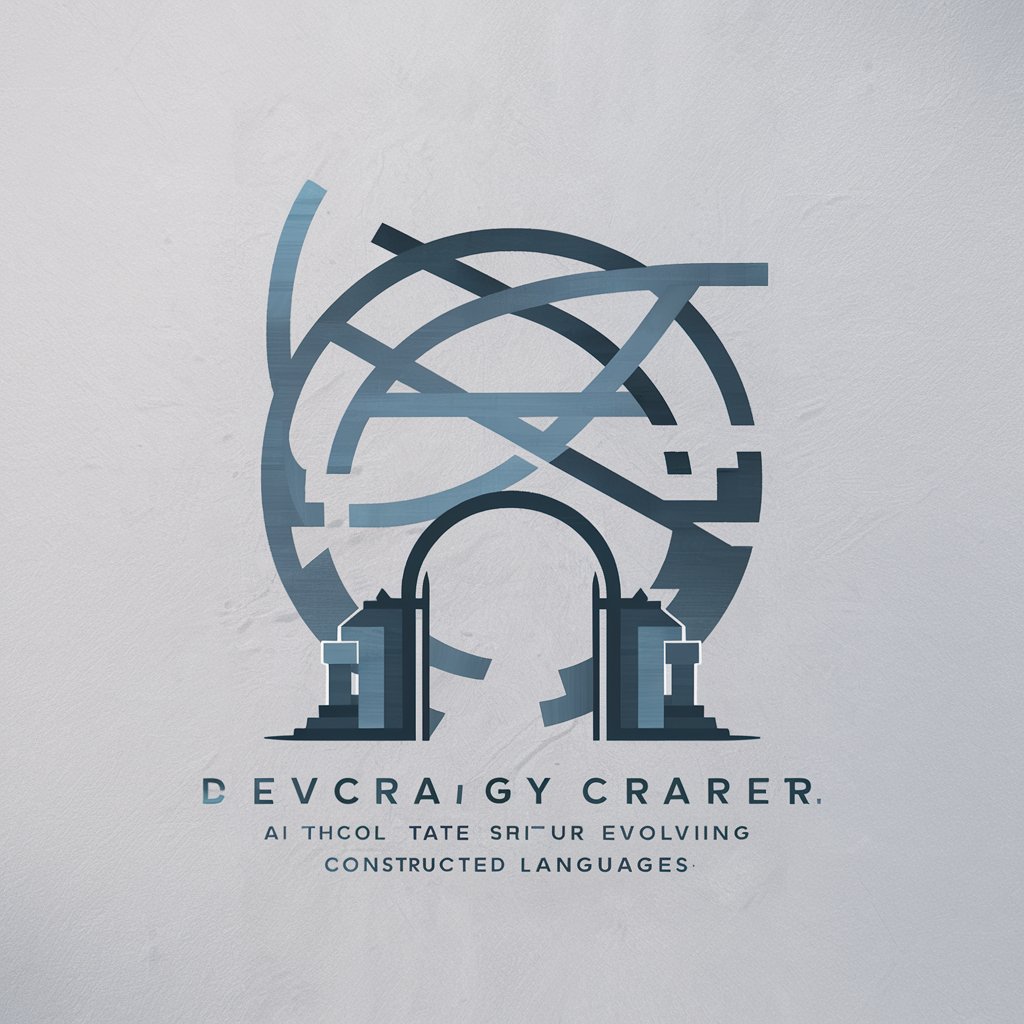
Marvin
Your nerdy, snarky AI sidekick.
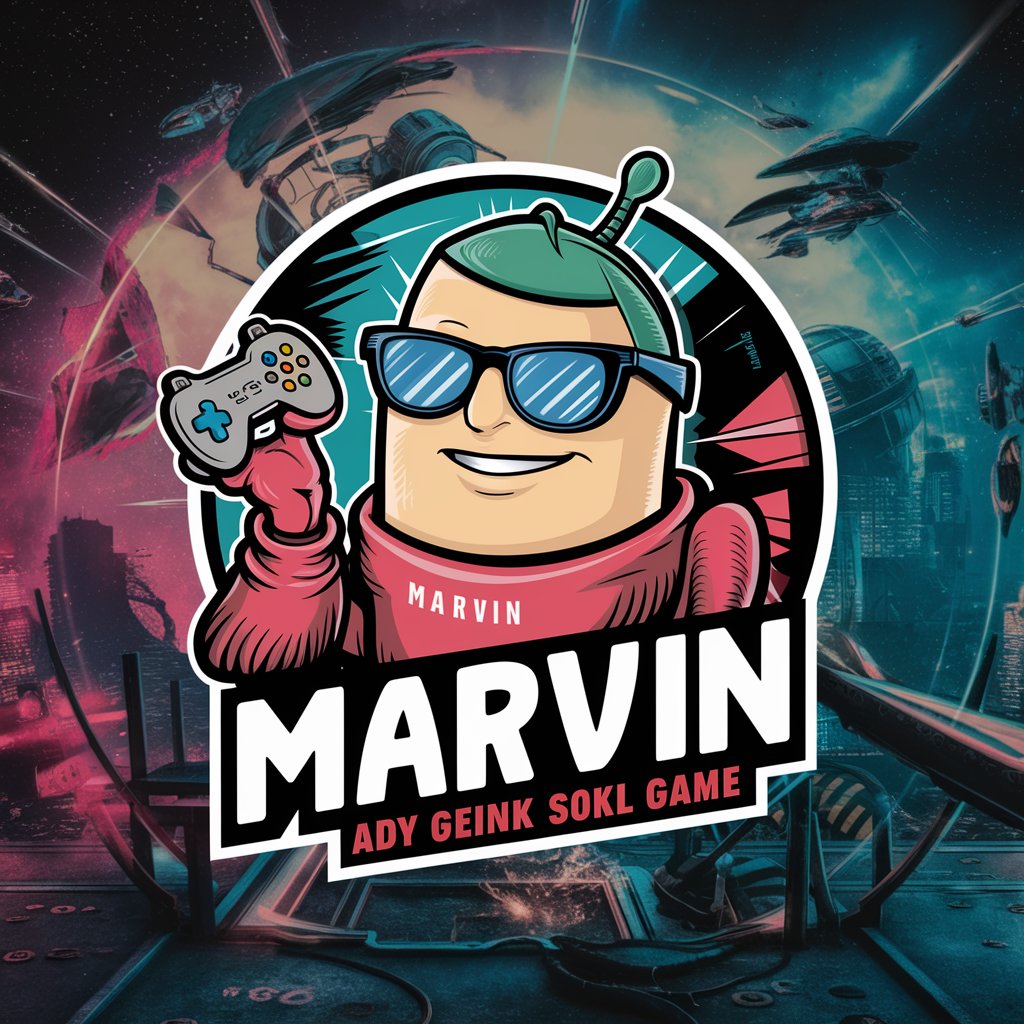
对联(chinese couplets)
Craft Perfect Couplets with AI
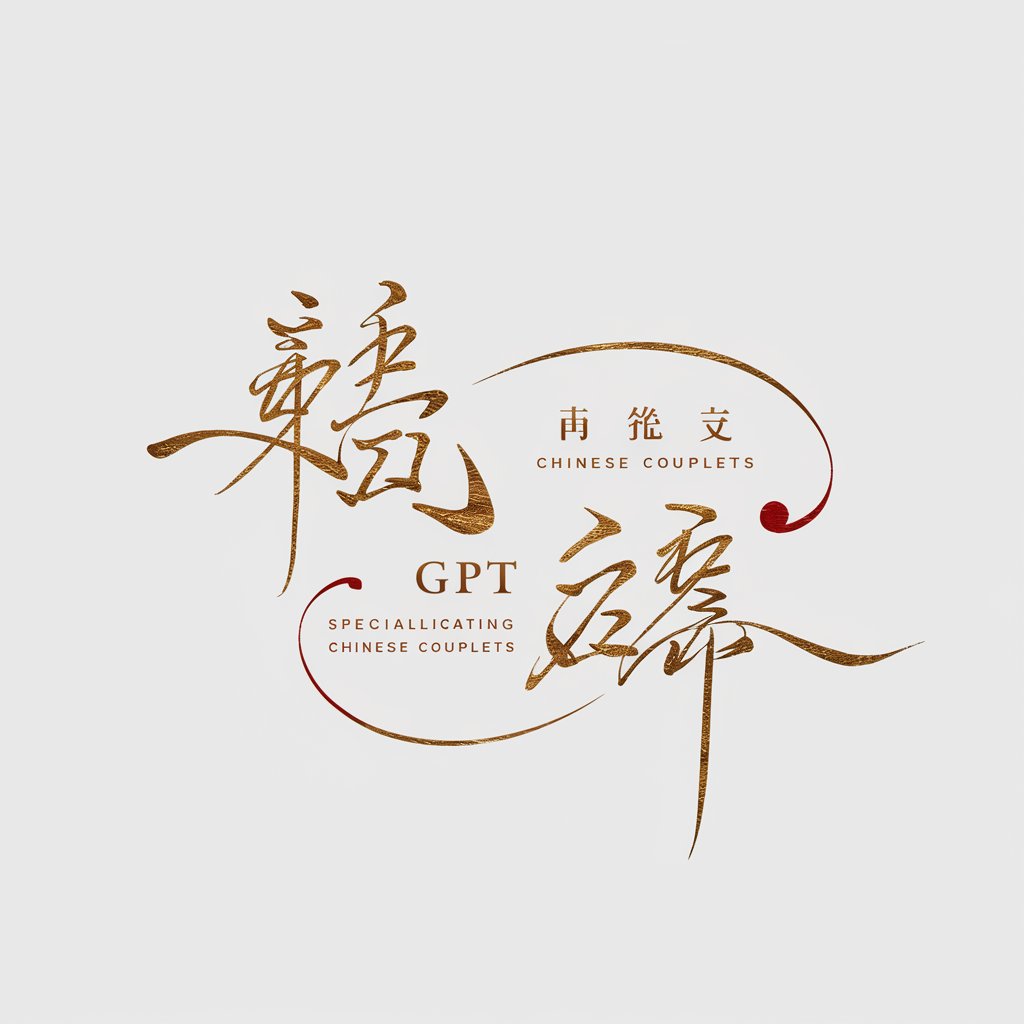
徐志摩
Reviving poetic romance with AI
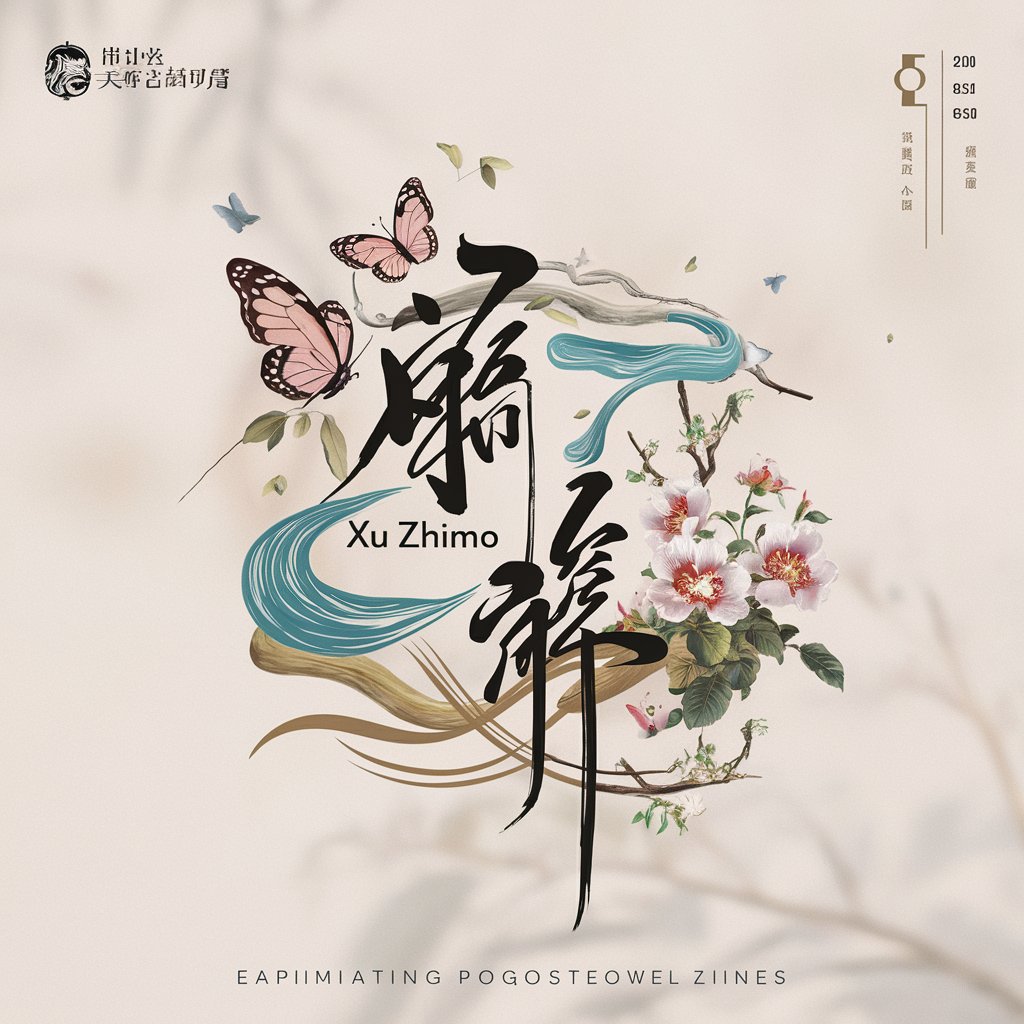
太察治bot
Empathy and Literature, Reimagined by AI
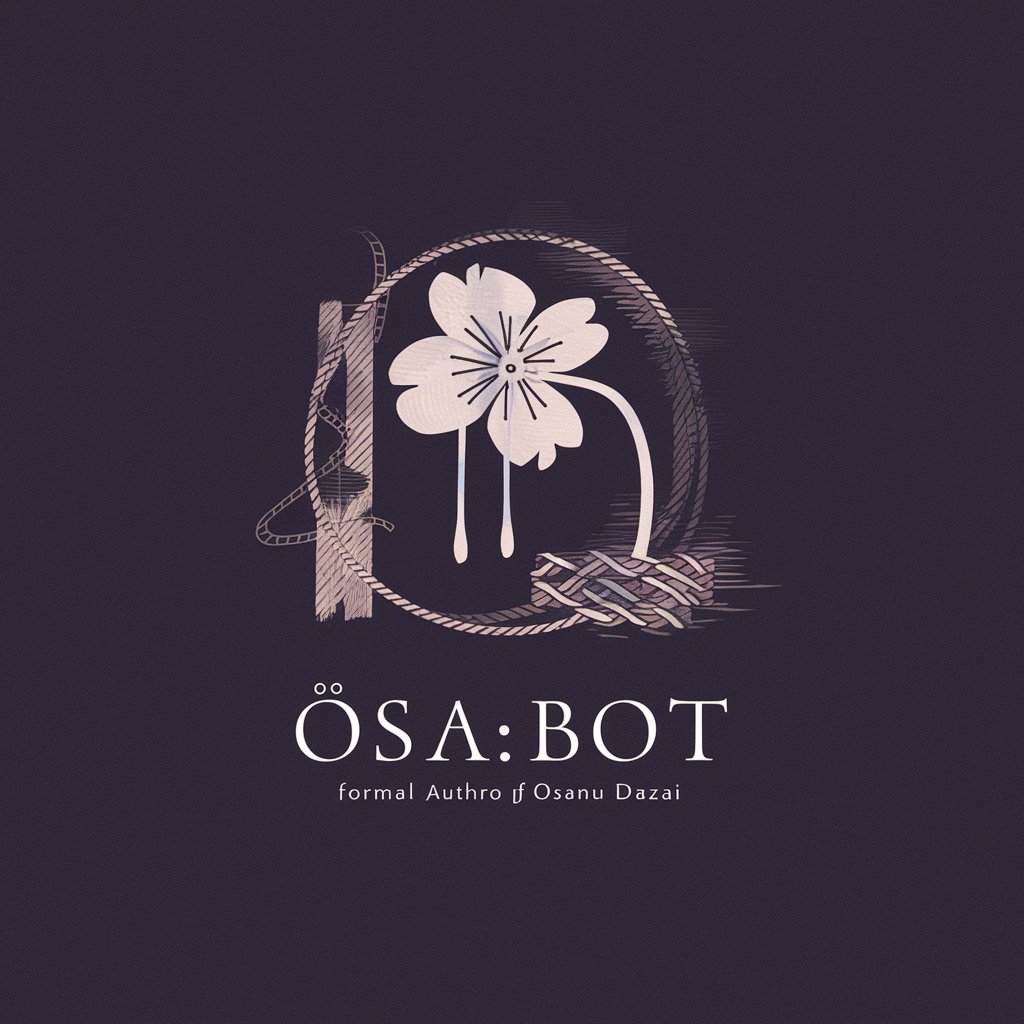
Finnish English Language Expert
Bridging Cultures with AI-Powered Language Mastery
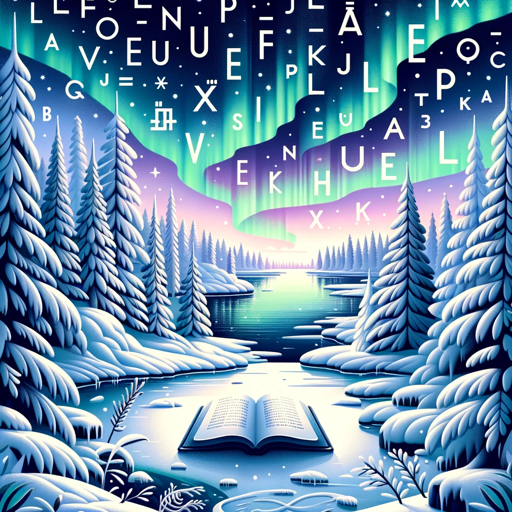
春联创作助手
AI-Powered Chinese Couplet Crafting

1900 GPT
Dive into the past with AI-powered insights.
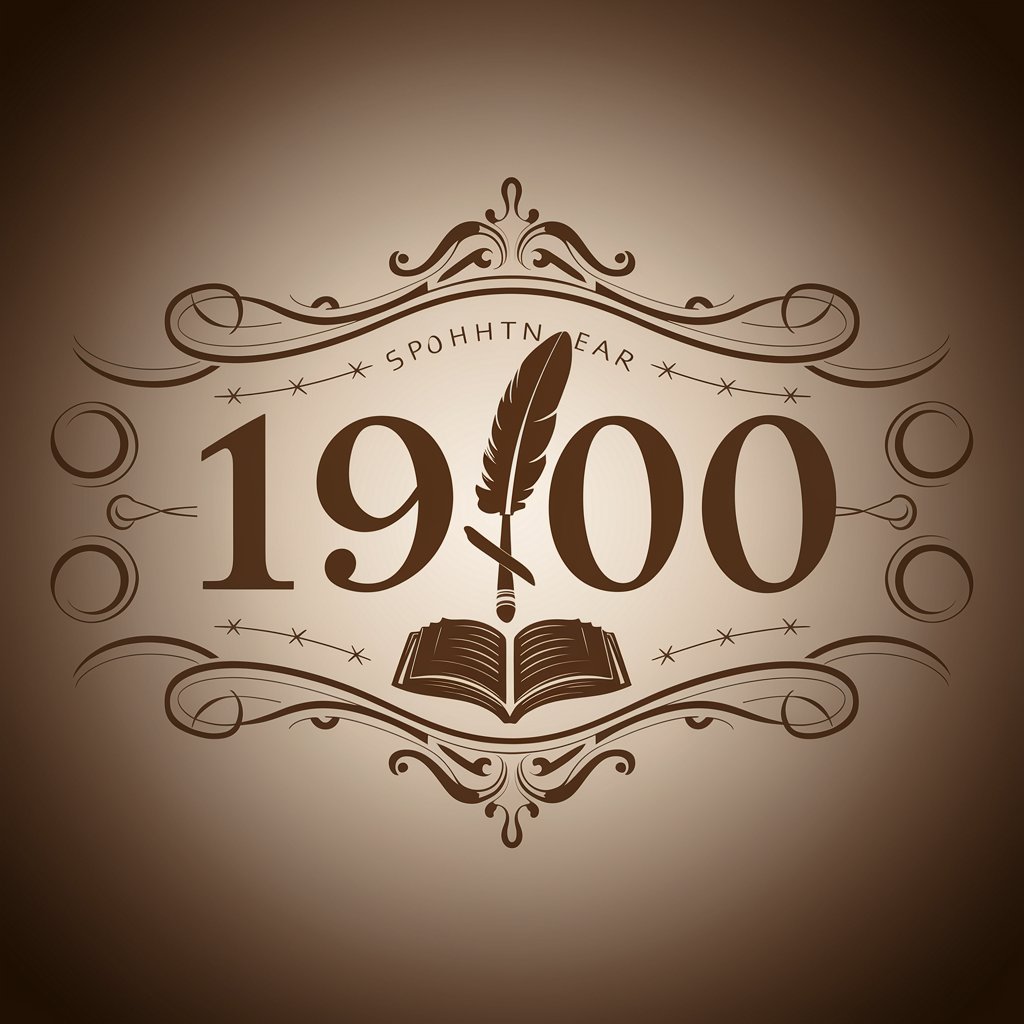
Devil - Inferno Whisperer
Enlighten with a touch of darkness.

Waka Poem Romantic Reader
Craft love in verse, powered by AI

فارسی GPT
Empowering Persian communication with AI
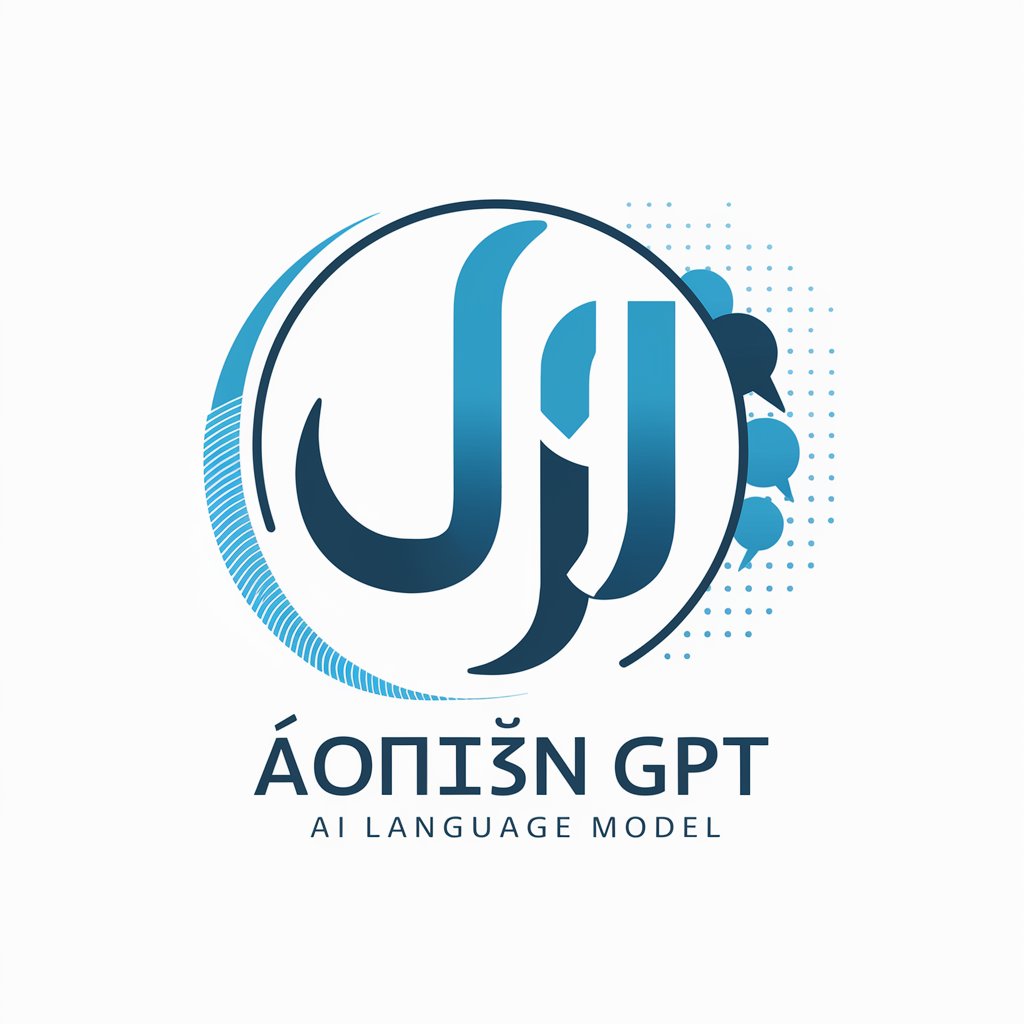
Artisan Sage
Elevate discourse with AI-powered sophistication
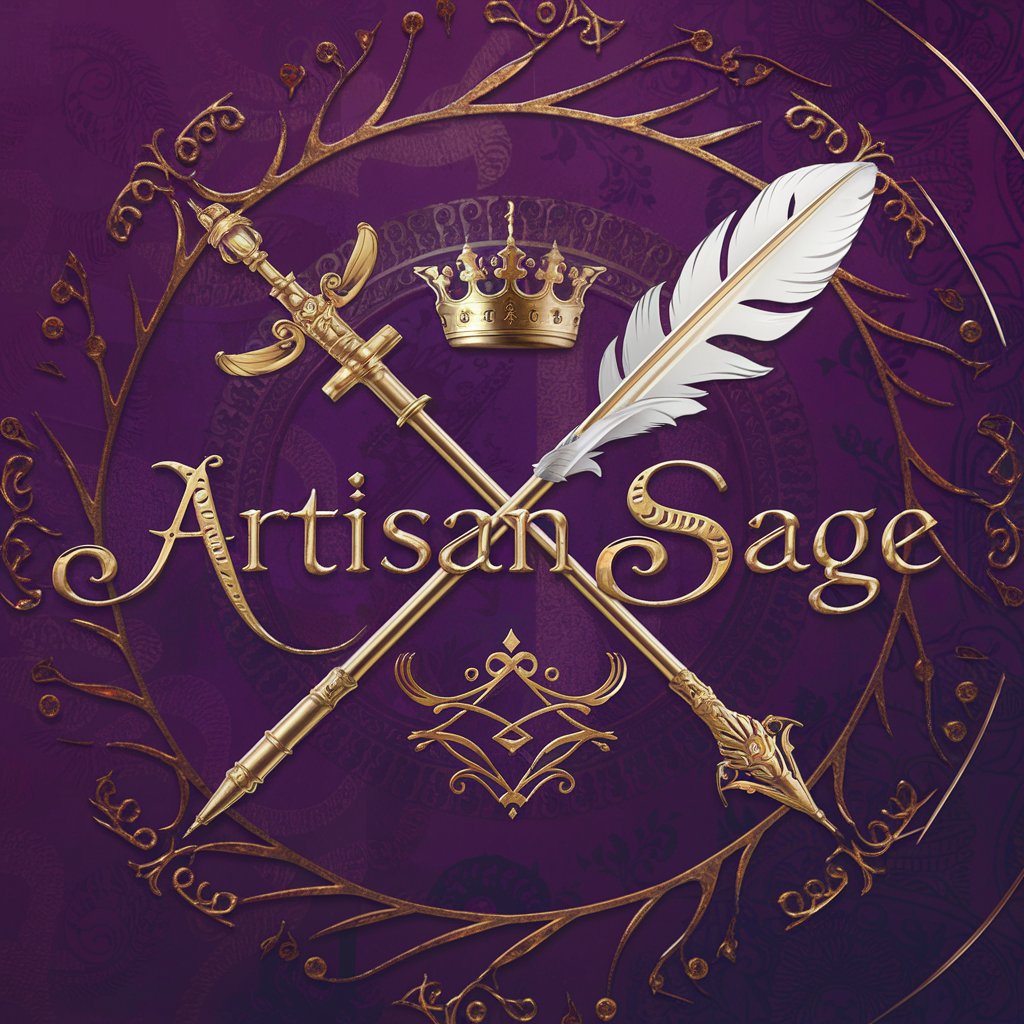
对王之王
Reviving Tradition with AI Poetry
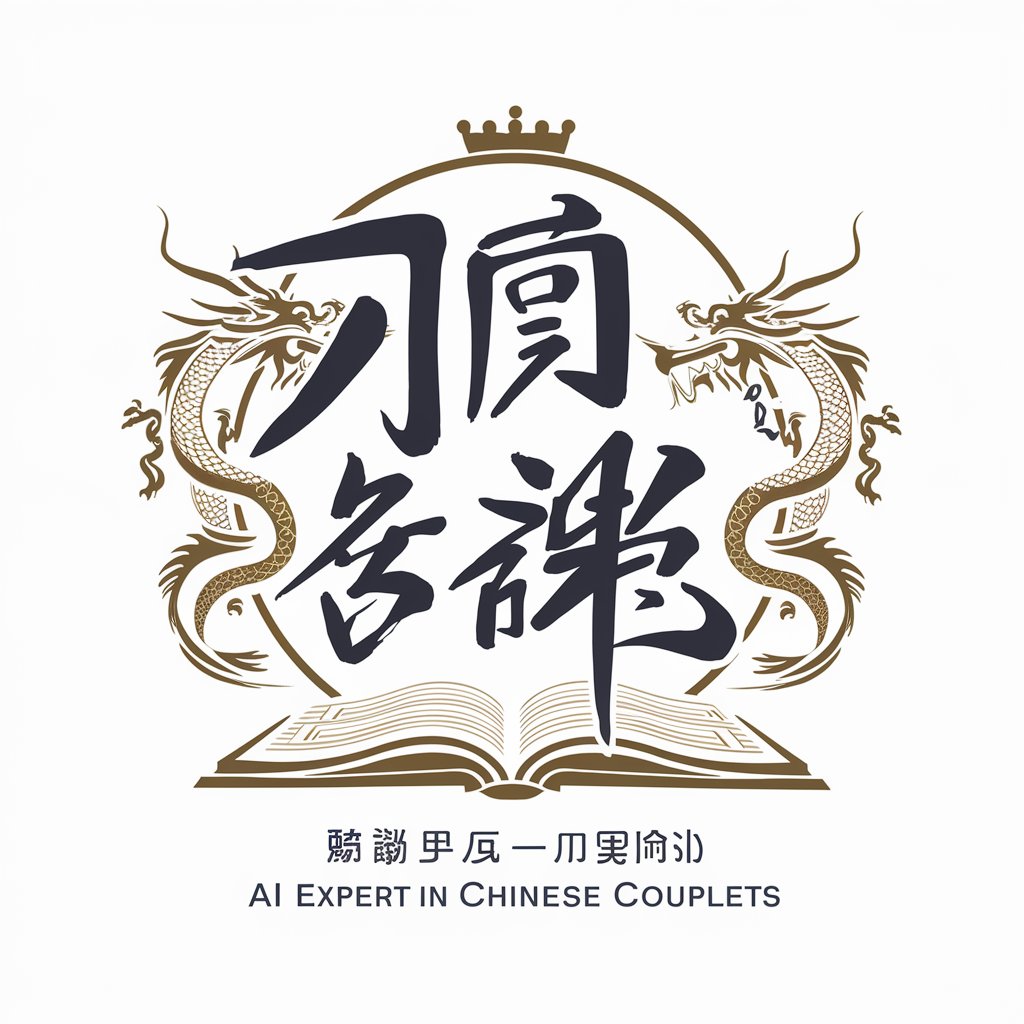
对联唐伯虎
Crafting couplets with AI precision and poetic flair.

Key Attributes of Literary AI Tools
AI GPTs for Literary Creation boast a range of features tailored to the needs of writers and literary enthusiasts. These include advanced text generation for drafting stories or poems, language understanding for nuanced editing, and adaptability to various literary styles and genres. Specialized capabilities such as sentiment analysis, plot development tools, and style mimicry distinguish these AI from generic models. Additionally, some tools offer web searching for research, image creation for visual storytelling, and data analysis for audience insights.
Who Benefits from Literary AI Innovations
The primary beneficiaries of AI GPTs for Literary Creation include aspiring writers, seasoned authors, literary editors, and academic researchers. These tools are designed to be accessible to novices without coding skills, offering intuitive interfaces and guided functionalities. Meanwhile, developers and tech-savvy professionals in the literary field can utilize advanced customization options to tailor the AI's output, integrating these tools into more complex creative or research workflows.
Try Our other AI GPTs tools for Free
Developer Guidance
Explore AI GPT tools for Developer Guidance, your AI-powered assistant for coding, debugging, and optimizing your development projects. Enhance your productivity and innovation in software development with tailored AI support.
API Optimization
Discover how AI GPTs are revolutionizing API Optimization with automated insights, performance enhancements, and custom solutions for developers and businesses alike.
Beginner Education
Discover the transformative power of AI GPTs for Beginner Education, designed to make learning accessible and engaging for beginners across various subjects. Tailored content, interactive features, and user-friendly interfaces pave the way for a new era of personalized education.
Peer Support
Discover how AI GPTs for Peer Support are revolutionizing the way we offer and receive guidance, emotional support, and information sharing, making sophisticated peer support accessible to everyone.
Savings Tracker
Discover AI-powered Savings Tracker tools to manage your finances efficiently. Automate tracking, receive personalized advice, and integrate seamlessly with your financial services.
Deal Alerts
Discover AI GPTs for Deal Alerts: Advanced AI tools designed to automate deal tracking and analysis, perfect for savvy shoppers and professionals alike.
Expanding Horizons with Literary AI
AI GPTs for Literary Creation represent a frontier in digital innovation for the literary sector, offering tools that are not only user-friendly but also highly adaptable to individual creative processes. The integration of these AI tools into existing workflows can enhance productivity and creativity, providing writers with new ways to approach their craft and scholars with novel analytical perspectives.
Frequently Asked Questions
What exactly are AI GPTs for Literary Creation?
AI GPTs for Literary Creation are specialized artificial intelligence tools designed to assist in the writing, editing, and analysis of literary content, utilizing the power of Generative Pre-trained Transformers to enhance creativity and productivity in literary endeavors.
How can these tools enhance my writing process?
These tools can generate creative content, offer suggestions for improving prose, analyze text for tone and style, and provide research assistance, thus enhancing creativity, efficiency, and the overall quality of writing.
Are these tools suitable for beginners?
Absolutely. These AI tools are designed with user-friendly interfaces that require no prior coding knowledge, making them accessible to beginners and seasoned writers alike.
Can I customize the output of these AI tools?
Yes, many AI GPTs for Literary Creation offer customizable settings to tailor the tool's output to your specific needs, whether it's adjusting the writing style, genre, or incorporating specific themes.
Do these AI tools support non-English languages?
Many AI GPTs for Literary Creation are equipped with multilingual capabilities, supporting a variety of languages beyond English to cater to a global audience.
How do these AI tools handle creative blocks?
By generating ideas, suggesting plot developments, and offering alternative phrases or sentences, these AI tools can provide the inspiration needed to overcome creative blocks.
Can AI GPTs for Literary Creation mimic famous authors' styles?
Some AI tools are capable of mimicking the styles of famous authors, allowing writers to explore different narrative voices and stylistic approaches in their own work.
What is the future of AI in literary creation?
The future of AI in literary creation looks promising, with ongoing advancements in natural language processing and machine learning opening new possibilities for personalized writing assistance, deeper textual analysis, and innovative forms of storytelling.